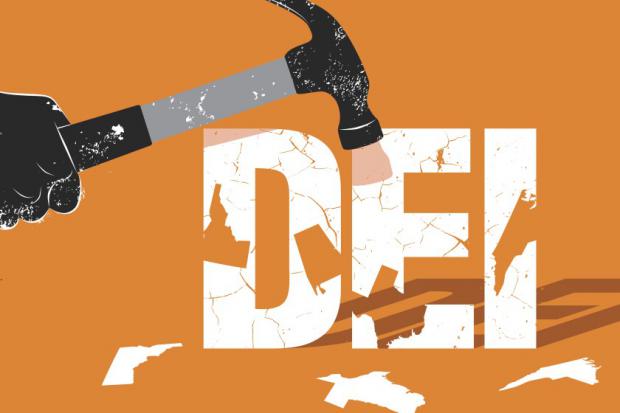
Breaking News
 BREAKING WW3 ALERT: NATO Commanders Propose Launching A Massive Sneak Attack...
BREAKING WW3 ALERT: NATO Commanders Propose Launching A Massive Sneak Attack...
 Wireless ultrasonic cutter is truly a jack of all trades
Wireless ultrasonic cutter is truly a jack of all trades
 Phony Partisan "Charities" Overplayed Their Hand In 2024
Phony Partisan "Charities" Overplayed Their Hand In 2024
 Huawei Ditches Android OS In New 'Made-In-China' Smartphone
Huawei Ditches Android OS In New 'Made-In-China' Smartphone
Top Tech News
 Forget Houston. This Space Balloon Will Launch You to the Edge of the Cosmos From a Floating...
Forget Houston. This Space Balloon Will Launch You to the Edge of the Cosmos From a Floating...
 SpaceX and NASA show off how Starship will help astronauts land on the moon (images)
SpaceX and NASA show off how Starship will help astronauts land on the moon (images)
 How aged cells in one organ can cause a cascade of organ failure
How aged cells in one organ can cause a cascade of organ failure
 World's most advanced hypergravity facility is now open for business
World's most advanced hypergravity facility is now open for business
 New Low-Carbon Concrete Outperforms Today's Highway Material While Cutting Costs in Minnesota
New Low-Carbon Concrete Outperforms Today's Highway Material While Cutting Costs in Minnesota
 Spinning fusion fuel for efficiency and Burn Tritium Ten Times More Efficiently
Spinning fusion fuel for efficiency and Burn Tritium Ten Times More Efficiently
 Rocket plane makes first civil supersonic flight since Concorde
Rocket plane makes first civil supersonic flight since Concorde
 Muscle-powered mechanism desalinates up to 8 liters of seawater per hour
Muscle-powered mechanism desalinates up to 8 liters of seawater per hour
 Student-built rocket breaks space altitude record as it hits hypersonic speeds
Student-built rocket breaks space altitude record as it hits hypersonic speeds
 Researchers discover revolutionary material that could shatter limits of traditional solar panels
Researchers discover revolutionary material that could shatter limits of traditional solar panels
Groundbreaking Study on DEI Cancelled by Bloomberg and New York Times

Colin Wright at Reality's Last Stand explains why a Groundbreaking Study on DEI Was Silenced.
In a stunning series of events, two leading media organizations—The New York Times and Bloomberg—abruptly shelved coverage of a groundbreaking study that raises serious concerns about the psychological impacts of Diversity, Equity, and Inclusion (DEI) pedagogy. The study, conducted by the Network Contagion Research Institute (NCRI) in collaboration with Rutgers University, found that certain DEI practices could induce hostility, increase authoritarian tendencies, and foster agreement with extreme rhetoric. With billions of dollars invested annually in these initiatives, the public has a right to know if such programs—heralded as effective moral solutions to bigotry and hate—might instead be fueling the very problems they claim to solve. The decision to withhold coverage raises serious questions about transparency, editorial independence, and the growing influence of ideological biases in the media.
The NCRI study investigated the psychological effects of DEI pedagogy, specifically training programs that draw heavily from texts like Ibram X. Kendi's How to Be an Antiracist and Robin DiAngelo's White Fragility. The findings were unsettling, though perhaps not surprising to longstanding opponents of such programs. Through carefully controlled experiments, the researchers demonstrated that exposure to anti-oppressive (i.e., anti-racist) rhetoric—common in many DEI initiatives—consistently amplified perceptions of bias where none existed. Participants were more likely to see prejudice in neutral scenarios and to support punitive actions against imagined offenders.
These effects were not marginal; hostility and punitive tendencies increased by double-digit percentages across multiple measures. Perhaps most troubling, the study revealed a chilling convergence with authoritarian attitudes, suggesting that such training is fostering not empathy, but coercion and control.



